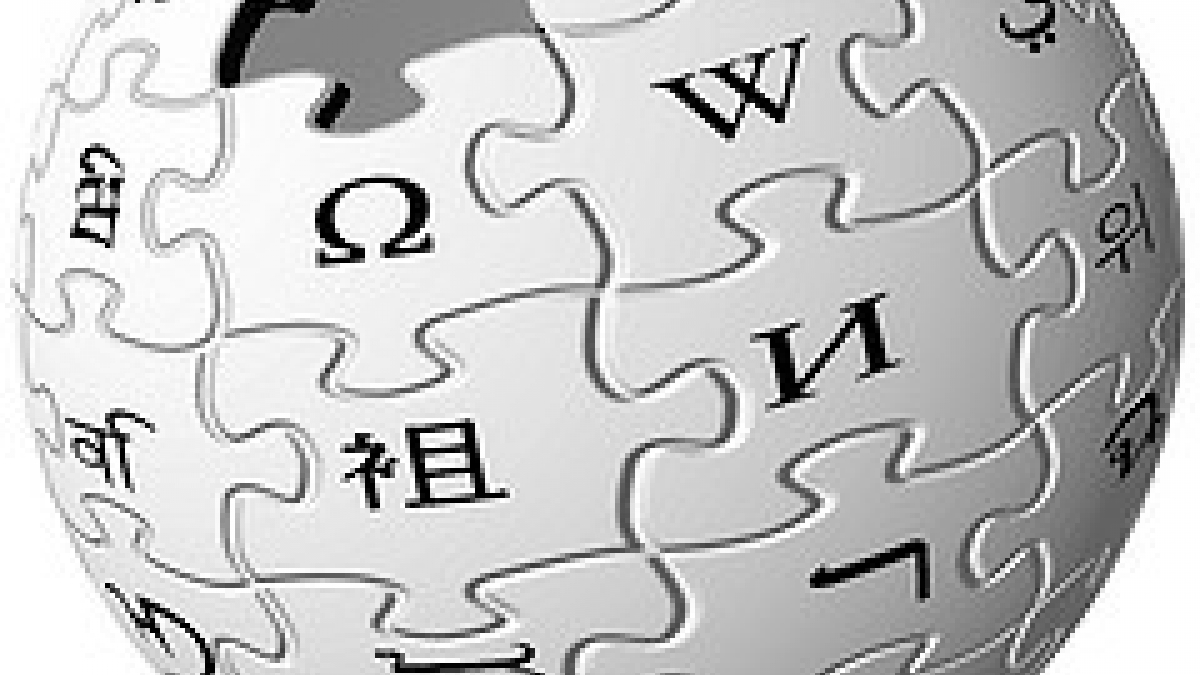
How Accurate is Wikipedia?
So there I was surfing the web this morning for some useless random fact, and of course I ended up finding the answer on a Wikipedia page. But was it really the answer? Should I take the Wikipedia version as "truth" or should I continue my Google search for a more reputable source? In all honesty, how accurate is Wikipedia? Easy question to ask... difficult to answer.
In summary, here is what I found...
In December 2005, the science journal Nature conducted a study to investigate the accuracy of Wikipedia on a variety of scientific subjects as compared to Encyclopedia Britannica. After having a panel of experts review entries from both sources, Nature concluded that both had roughly the same level of accuracy: Britannica averaged 3 errors per article while Wikipedia averaged 4. Cool, thumbs up for Wikipedia... your almost as good as the big boys!
Note: Britannica disputed the findings, claiming that the study was "fatally flawed" and that they "grossly exaggerated Britannica's inaccuracies". I think some of their complaints have merit but Wikipedia could also make some of the same claims, so it's a draw.
In October 2006, the Chronicle of Higher Education performed an informal study by asking professors to read through and grade Wikipedia articles from their field of study. Most of the professors agreed that while there were a few inaccuracies here and there, Wikipedia provided a good encyclopedia-level introduction on the topics. Overall, it seems that Wikipedia is more accurate for topics such as science, technology, geography, and pop culture where facts are more objective and easy to verify. However, experts found a larger number of errors in articles relating to history, art, and law where facts are murkier and more subjective. For example, when there are differing opinions on what started the Civil Rights movement in the 60s, the Wikipedia article will suffer as Wikipedians debate and feud over the content of the article, resulting in an a sub-standard entry.
So if you are wondering where the French overseas department of Guadeloupe is or what the melting point of selenium is... you can feel safe that Wikipedia will have the correct answer for you. But if you want to learn about the effects of the Bolshevik Revolution on Russia's economy, you should probably go to the library and check out a book written by a noted scholar.
Photo Credit
